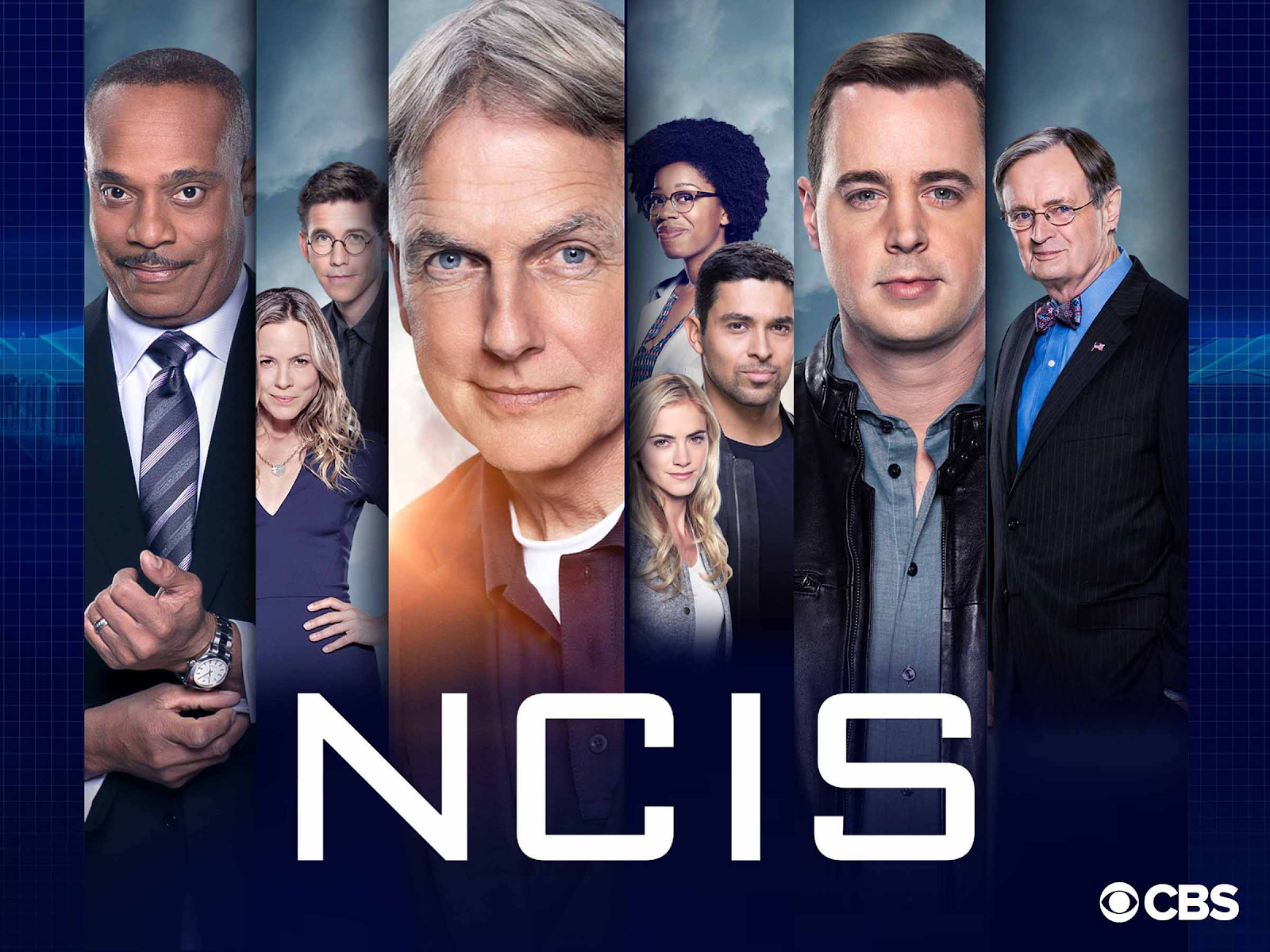TV assessment: Learner response
1) Type up your feedback in full (you don't need to write the mark and grade if you want to keep this confidential).
WWW: Clear expression, focused on the question
EBI: No development in either response - give examples; refer to the texts
2) Read the whole mark scheme for this assessment carefully. Identify at least one potential point that you missed out on for each question in the assessment (even if you got full marks for the question).
3) The first question demanded a response using postmodern terminology. Write a definition here of the three main terms:
Bricolage: Combining multiple media texts to produce a new one
Pastiche: paying homage by emulating a writer or a genre
Intertextuality: The referencing of other media texts in a particular piece of media.
4) Read this exemplar answer for the 25-mark question in the assessment. Select a quote from the essay for each of the following aspects from the mark scheme:
a) analysis of the products that focuses on contexts and ideological positioning
''Both Capital and Deutschland 83 construct ideological positions that reflect social, cultural and political contexts. However, it can be argued that these ideological positions are ambiguous and audiences may take a range of different meanings from the two TV dramas.''
b) use of media theory
''Applying Gramsci’s theory of hegemony, this is unconsciously communicating to audiences the value in working hard, earning money and contributing to consumerism and capitalism - maintaining the status quo and reinforcing more right wing ideology.''
c) a judgement or conclusion on the question
''In conclusion, it is impossible to ignore the ideological positions constructed by television dramas and Capital and D83 are no exception to this. However, it could be argued that different audiences can read these fictional genres in different ways depending on their own perspectives and therefore social, cultural and political contexts are not the only aspect to this process.''
d) examples from the TV CSPs
''In Capital, there are many elements of the narrative and characterisation that certainly fit with the ‘woke’ left wing perspective in the ongoing culture wars. Sympathetic takes on immigration and asylum, the demonisation of bankers (Roger and his boss Lothar presented as clueless in their meeting with the young upstart Mark) and Quentina’s lawyer being played by a black female actress would all suggest a more liberal ideology underpinning the show. Similarly, you could argue there is a fetishisation of the working class in D83 with the East presented as so much warmer and more welcoming than the West.''
e) use of media terminology
''Similarly, in the spy training montage split-screen editing and visual effects are use to present the difference between East and West with fruit appearing on the western side and an empty space on the East. The message to audiences is clear: life is better in the West.''

Comments
Post a Comment